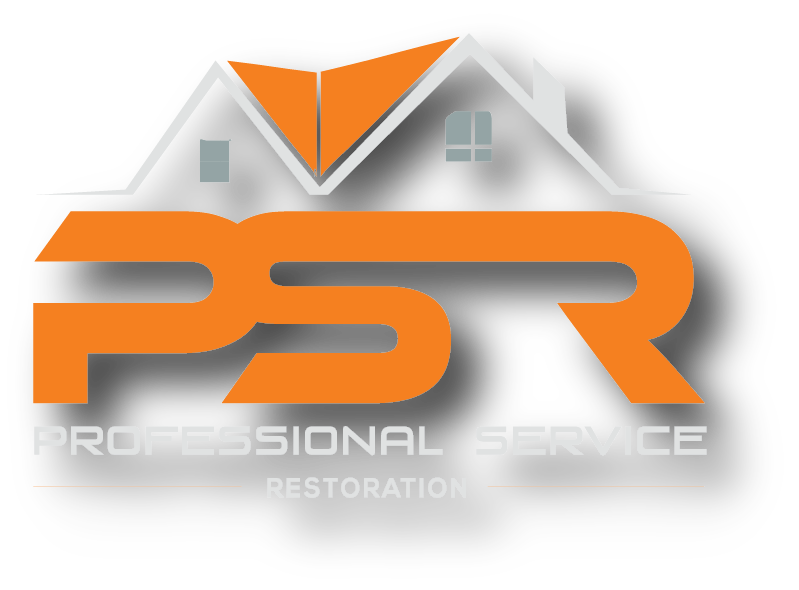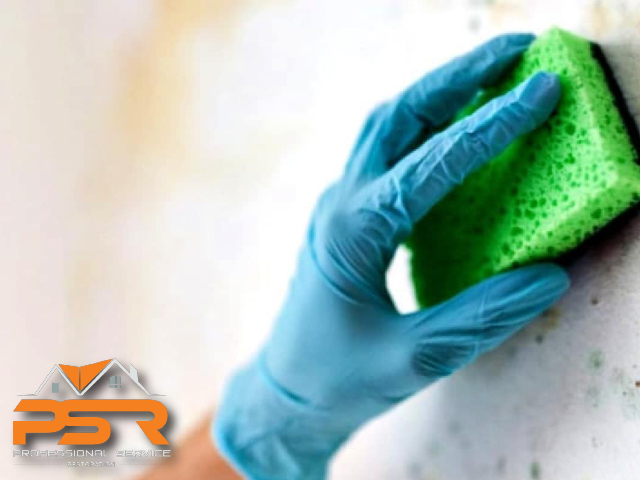Getting rid of all mold and mold spores in your home is almost impossible, although here are some tips for controlling mold and mold growth. Mold spores cannot grow without moisture, so reducing moisture in your home is a good way to prevent mold growth. You should clean up mold and fix the dampness problem in your home if mold is already growing. It’s likely that the mold will return if you clean up the mold but do not fix the problem. In addition to remediation and restoration, PSR Water Damage Restoration Miami can help you with mold prevention.
These tips will help you reduce moisture and mold growth in the most susceptible areas of your home:
Around the house:
Especially in humid climates, dehumidifiers and air conditioners can help reduce air moisture. Whenever possible, keep the indoor humidity below 60%. The relative humidity can be measured using a hygrometer, a relatively inexpensive instrument. Be sure to keep the drip pans of your air conditioning clean. Maintain proper drainage lines by removing obstructions and ensuring they flow freely. Warm up the house when it’s cold outside. Cooler temperatures cause the air to become less capable of holding moisture, which condenses on cold surfaces, encouraging the growth of mold. Insulate cold surfaces, like exterior walls, floors, and windows, in order to reduce condensation. Mold can grow in wet areas if they are not dried within 24 to 48 hours. Leaks and seepage should be fixed. A slope should be present around your house. In the case of outside water entering the house, you have a variety of options ranging from simple landscaping to extensive excavation and waterproofing. To remove humidity, have your heating and cooling system checked by a professional. Your air conditioner won’t remove humidity properly if your system is too big or the airflow is incorrect. Additionally, ask the contractor to inspect your ducts for leaks and to determine the proper size and flow of air. The circulation of heat between rooms is increased by opening the doors between rooms. Utilize fans and move furniture away from wall corners to increase air circulation.
In the kitchen:
You should use exhaust fans whenever you are cooking, washing dishes, or cleaning to move moisture outdoors (not into your attic).
If windows or other surfaces appear to be damp, turn off certain appliances. You should check your kitchen sink, refrigerator ice maker, and other water sources for leaks. In case of damage, repair it. Refrigerator drip pans should be emptied and cleaned if necessary.
In basements and crawl spaces:
Protect dirt in crawl spaces from moisture by covering it with a plastic sheet. Before covering the floor, make sure it’s dry by using fans if there’s standing water or wet soil. Install fans in crawl spaces and install vents in outside walls if necessary to ensure they are well ventilated. Instead of wall-to-wall carpet, consider painting concrete floors and using area rugs. Over concrete floors, it may be necessary to install a vapor barrier (plastic sheeting) and cover it with sub-flooring (insulation covered with plywood) to prevent moisture buildup. If necessary, have your basement floor checked for leaks and repaired. By leaking or seeping into basement floors or walls, water can enter your home. Make sure gutters are working properly and that landscaping causes water to flow away from the house, not toward it. Unless your basement is very dry, do not finish basement walls with insulation and wall board. Outside venting is a good idea for your clothes dryer. Verify that there are no obstructions, such as lint, in the vent and that there are no holes leaking air. Metal vent ducts should be used if the vent ducts are damaged. A duct should be cleaned once a year at the very least. Don’t dry damp clothes in the dryer or laundry basket. It is important to wash and dry them as soon as possible.
In bathrooms:
Make sure moisture is removed from the attic using exhaust fans (not through the roof). Replace wall-to-wall carpeting with area rugs that can be taken up and washed often. If necessary, repair leaks around basins and tubs. When showering, open a window. Do not leave damp towels on the floor or in the laundry hamper. Review our website today for more information and contact us for expert services with complete customer satisfaction guaranteed.
Tips for Controlling Mold | Water Damage Restoration Services | Miami FL | PSR Water Damage Restoration Miami
Services:
Water Damage Restoration
Flooded Basement
Storm Restoration
Mold Inspection
Mold Remediation
Fast 24/7 Service
Cutting Edge Equipment
Professional Team
Call: 855-777-5935
Visit: https://psrwaterdamagemold.com
#tipsforcontrollingmold #controllingmold #moldcontrol #moldcontroltips #moldprevention #preventingmold #tipsforpreventingmold #moldpreventiontips


Recent Comments